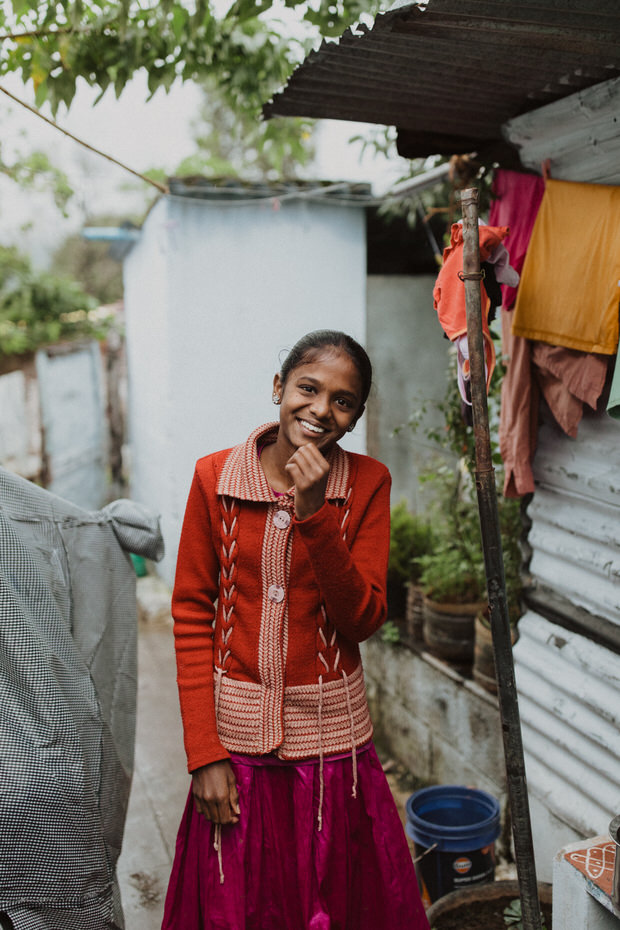
A legacy that empowered.
It was raining when we arrived. We wound through a few roads where there were some simple cement homes, nothing fancy. We got out and walked down an alley. Our partner took a right and I wasn’t sure exactly where, since much of it looked the same. I got about to where he had been and looked into a small doorframe of a home inquisitively, as if to say, “is this where my friend just went?” A woman giggled at me and motioned to the next house. I went there but had the same hesitation, “is this the one?” And up the steps someone motioned me forward excitedly. “Yes! This way! Come. Come.”
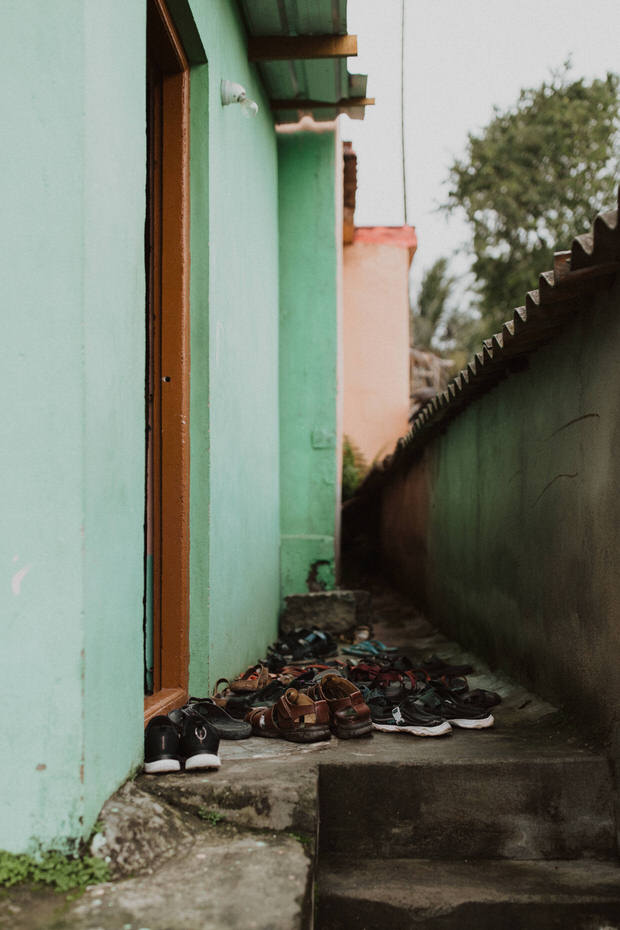
Up the steps and around the corner opened to a small room where some food was cooking. Past that was another room with lots of children… boys sitting on the floor on one side and girls on the other and a tutor behind them all. They stood and cheered. “Welcome ma’am, hello. Welcome. Sit, sit.”
They were excited to see us. They had a presentation prepared for us and wanted to get right to it. A handful of us had just arrived, some for the first time to India, and all of a sudden children were quickly saying all the things they had prepared.
“Hello, I am Thulasi. Welcome to Kurumbar Padi. I have two brothers and one sister.” (Or did she say one brother and one sister? And did she say something else in between there? Some people were still sitting down. Our eyes and ears and hearts were still adjusting to the setting we were in). “And what is your dream,” someone asked. “To be an artist. I want to be an artist like my father.”
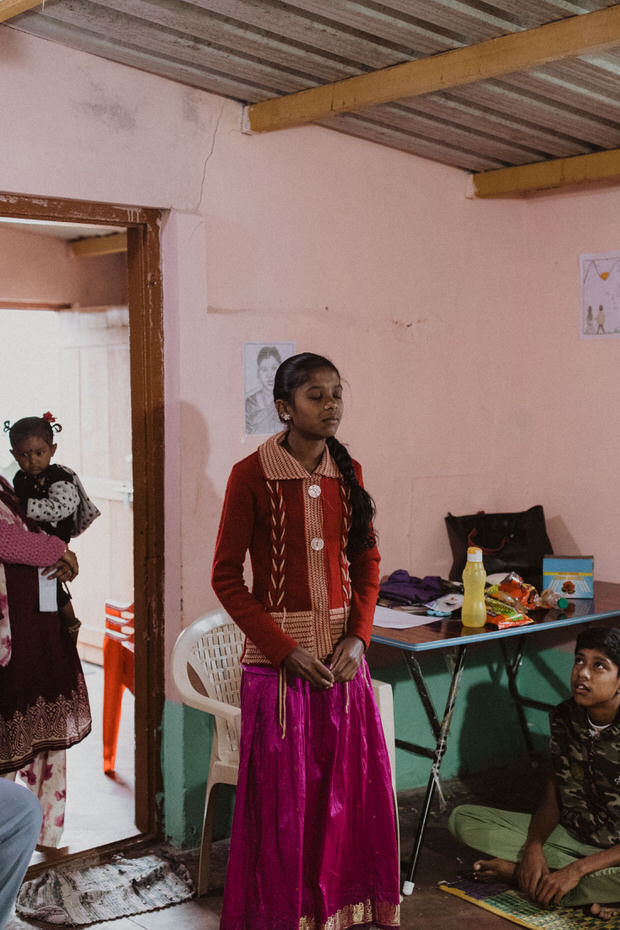
The next one started. Then the next. And we got to the boys. And they said theirs. And then one boy stood up and added. “I like to draw. I would like to be an artist.”
Someone pointed back to the first girl, Thulasi. Yes they are brother and sister. They drew these photos on the wall. Wow those are beautiful.
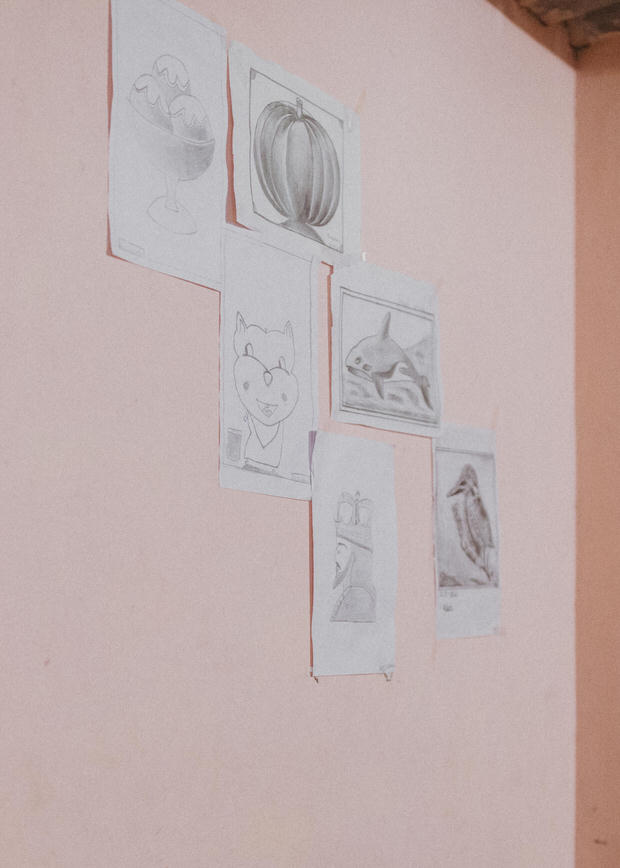
The program went on. Each one sharing. Then a skit… turned out to be the Good Samaritan which seems to be a great skit and lesson in any language. The kids enjoyed pretending to beat up their friend, then ignore him, then help him. Giggles and mistakes and the caring ending.
Then there were dances and speeches and there was Thulasi again, the girl from the beginning, standing up strong and brave to give the longest speech yet. It was about giving dignity to both girls and boys, an appeal to educate both men and women, a reflection on the lack of opportunity women can face in India.
And she’s right. She’s only maybe 15 years old but she sees the disparity. She wants a chance, for herself and for all girls. And she was proudly declaring it in both her speech and in her demeanor. She knew her own dignity.
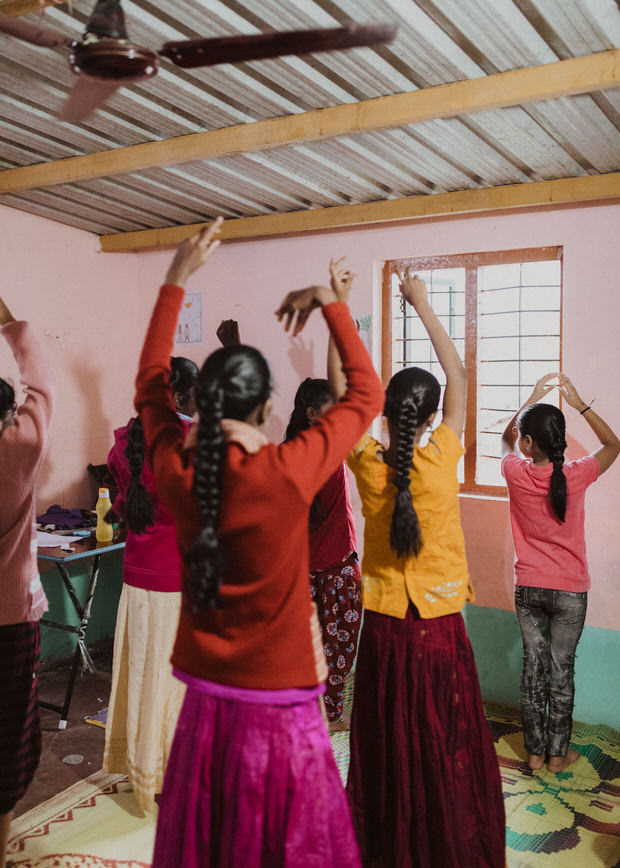
I wondered where her confidence came from. Many in poverty struggle, feeling less than, feeling not as valuable, feeling shame. It’s not true. We all have value and dignity, but we might not know it. That’s partly why The Hope Venture exists. In Thulasi’s village we run a feeding center and tutor the kids after school to give them some extra help. We want them to have a chance like everyone else. We want them to find hope and love. We want them to have the opportunity to rise above. Many are orphans or have been rejected by their dads and mostly can barely afford food, let alone school supplies. So life is tough and shame and heartbreak is often the norm.
But Thulasi was different. She was so strong, such a leader. And I’d like to tell you it was because of our center in her village. But our center is pretty new and she’s had this strength for awhile. She was contagiously spreading it to the kids at our center but her strength didn’t come from us. Even God, who I believe she loves, is not the only answer to her hope and strength. No, God had provided someone else to teach her this, if even for a short time. It began to make sense as soon as I saw her home.
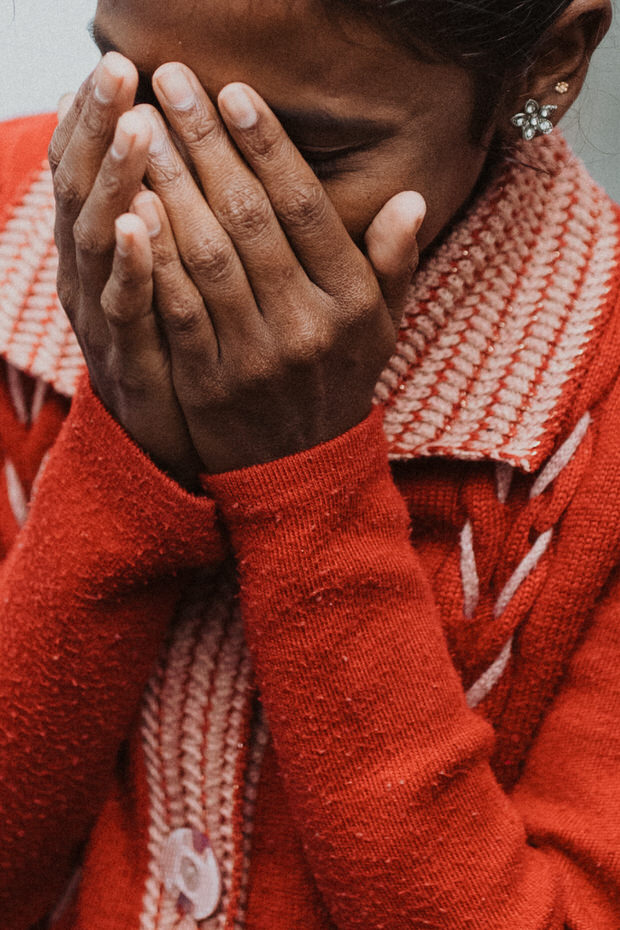
She lived right across from the feeding center. She held my hand and urged me to come, pulling me and smiling. “Please ma’am come.” I stepped down a narrow passageway, tucked my head down to avoid what was hanging, then turned the corner. Already the garden with mangos and roses told a different story than the rainy, dreary day I was in. I took my shoes off and one more step into the house now and ahhhhh. The love. The beauty. The drawings on the wall. The fish tank- I don’t see many of those here. Then the photo frame of a man. I met her mom and brothers and sister and cousins and then was told, “yes, this was my father, he died six years ago. He was an artist.” The drawings on the wall were partly his, but partly several kids’ drawing as well.
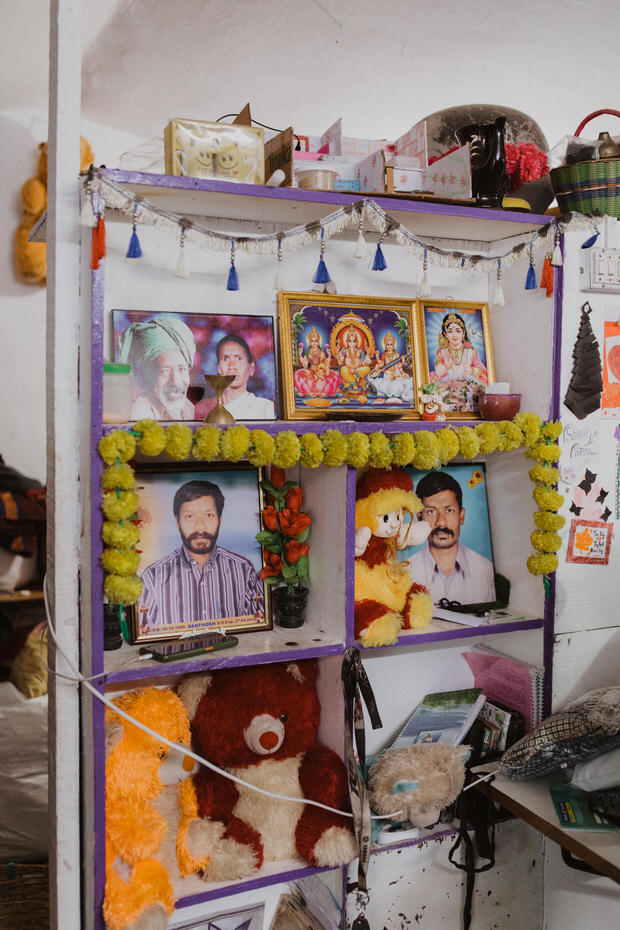
Legacy. Love. Leadership. Thulasi had a dad that loved her, that inspired her, that was her hero. And it made all the difference in her life. She wanted to be just like him, follow in his footsteps. Draw like him. Draw for him. Carry on his honor.
It was refreshing in a village of extreme poverty to find a man who had not abandoned, not neglected, not rejected… and to find a daughter who was strong and confident, who knew who she was and who she wanted to be, who was leading her peers to do the same, and who was even advocating to the adults to hear their voices, to honor their dreams.
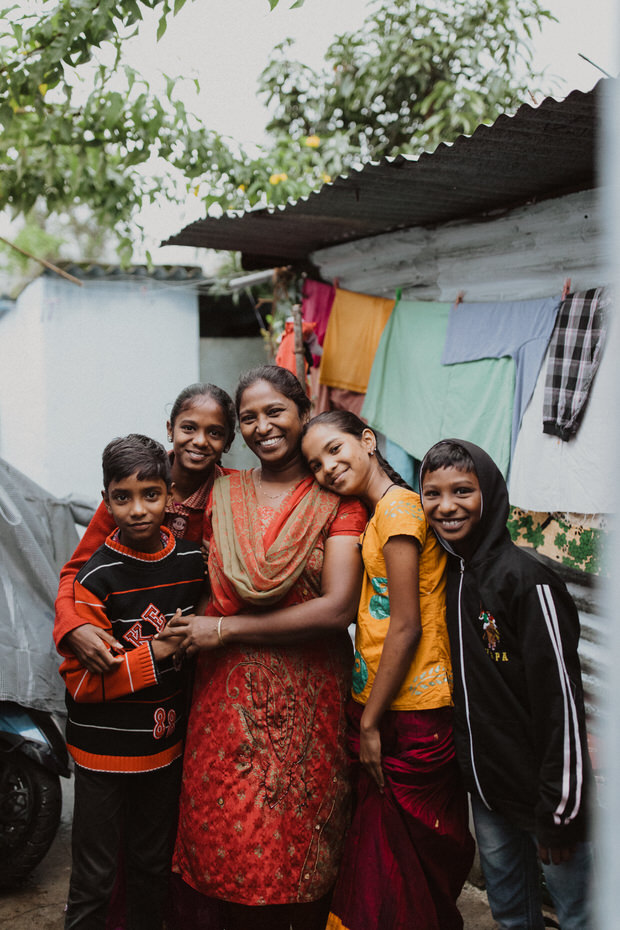
A moment for me that started with rain and muddy steps and narrow passageways, opened up to dreams and beauty and hope. May Thulasi have what she needs to carry her banner far and wide. May we grant her the respect she deserves. May her dad somehow even rest in peace, knowing his legacy lives on and his love mattered.


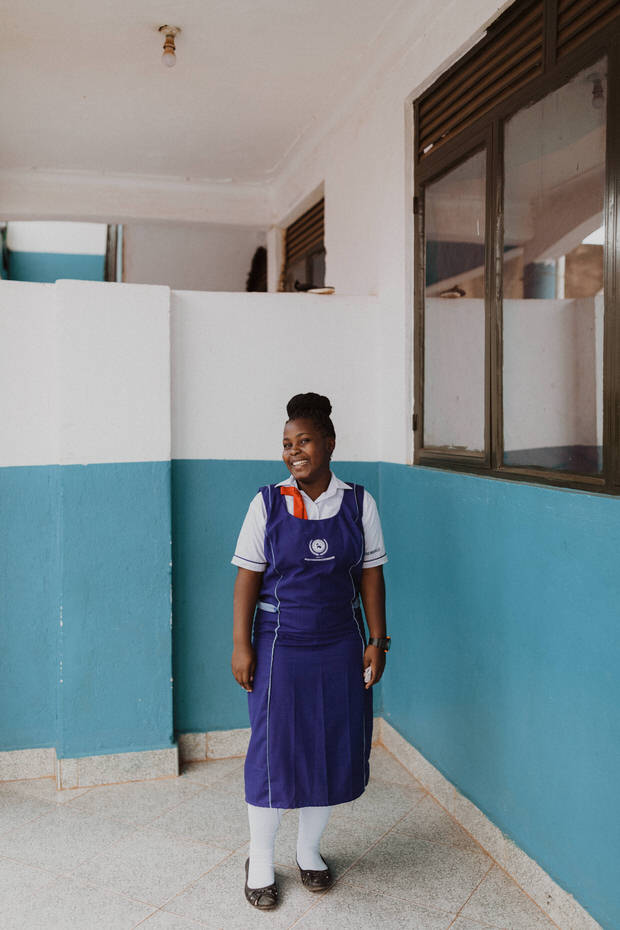
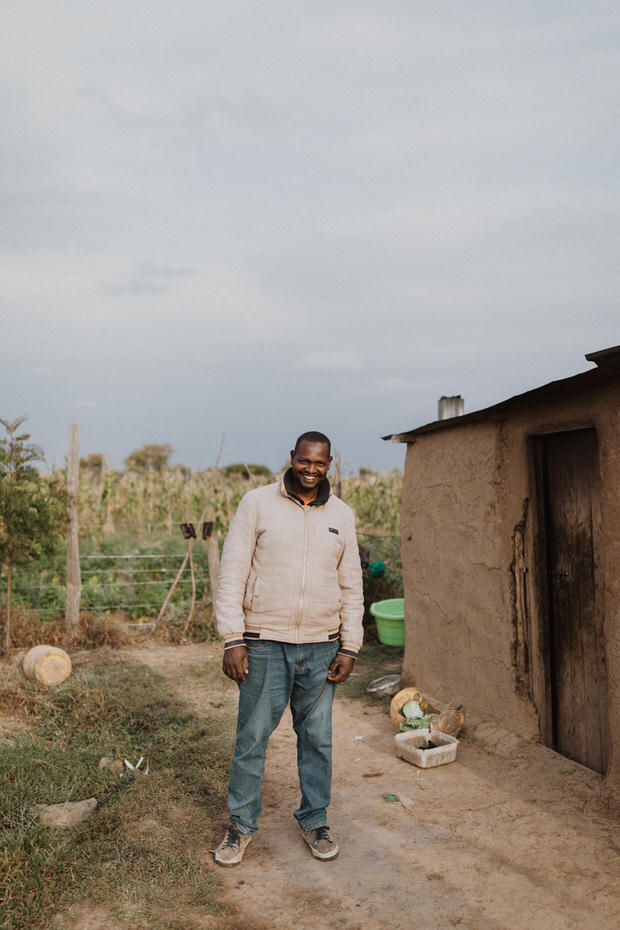
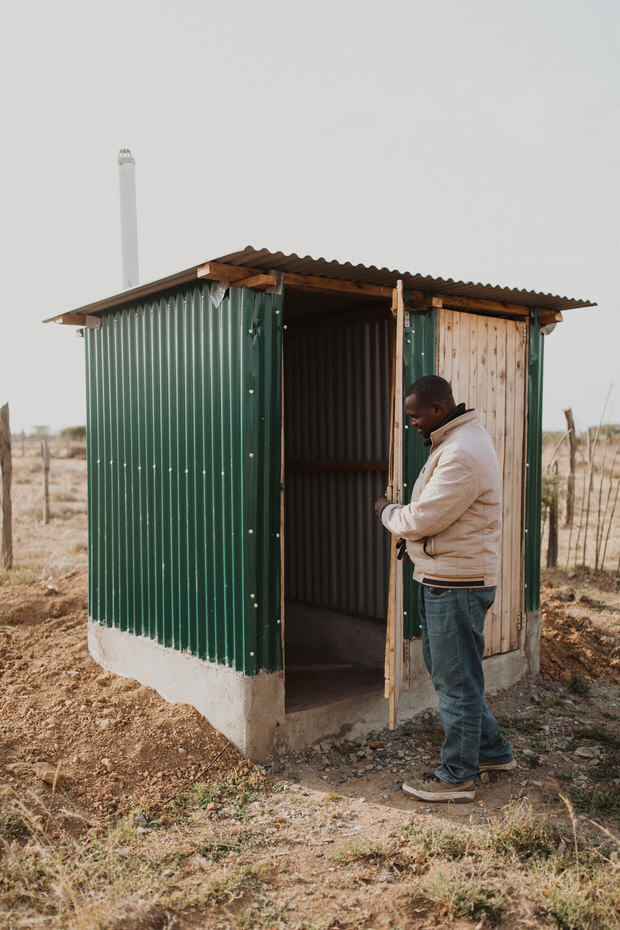
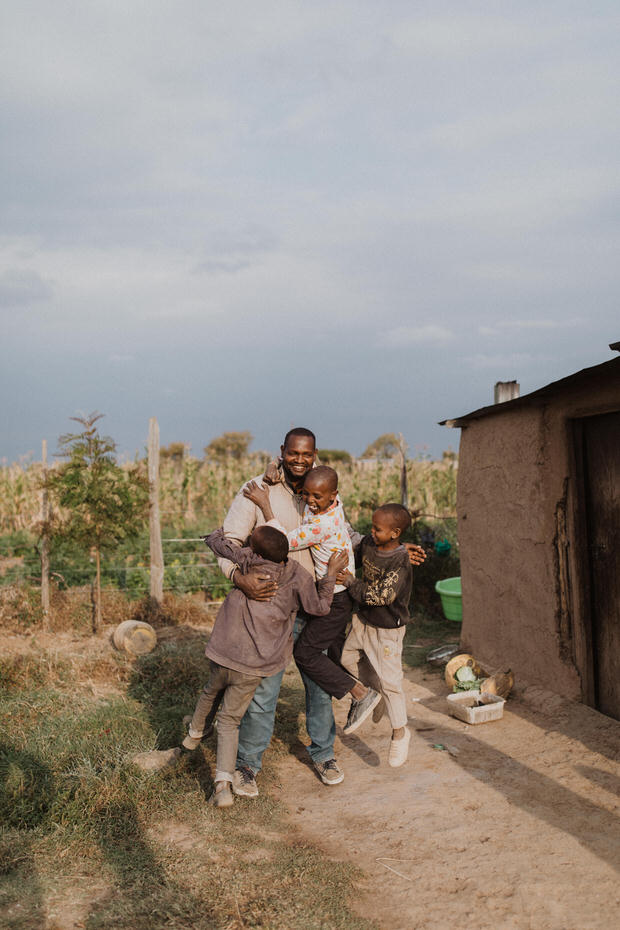
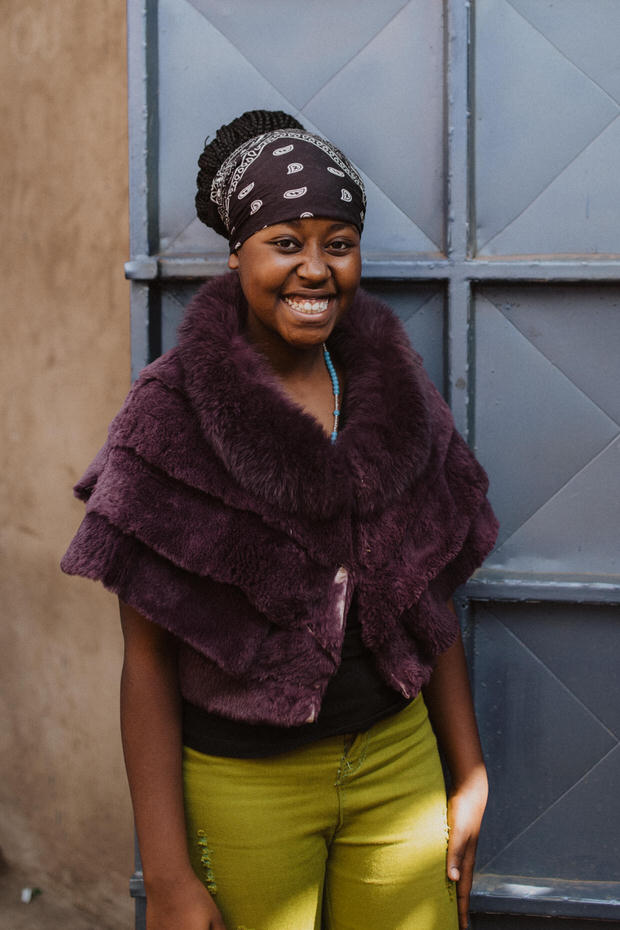
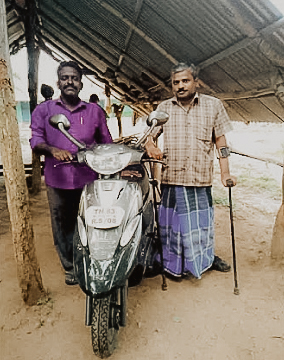
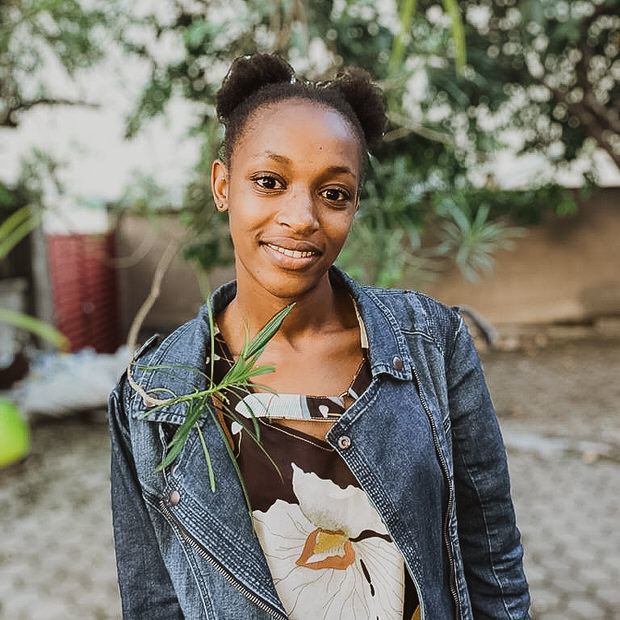
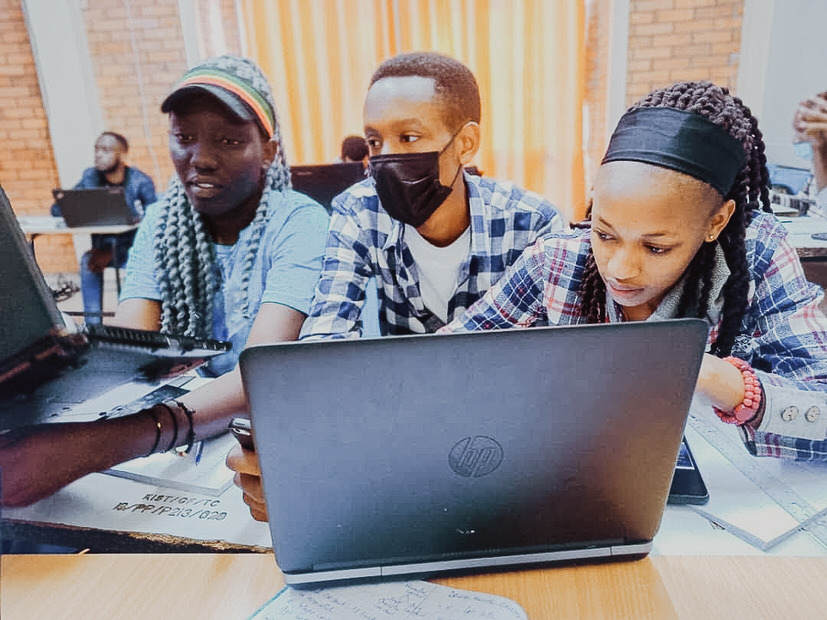
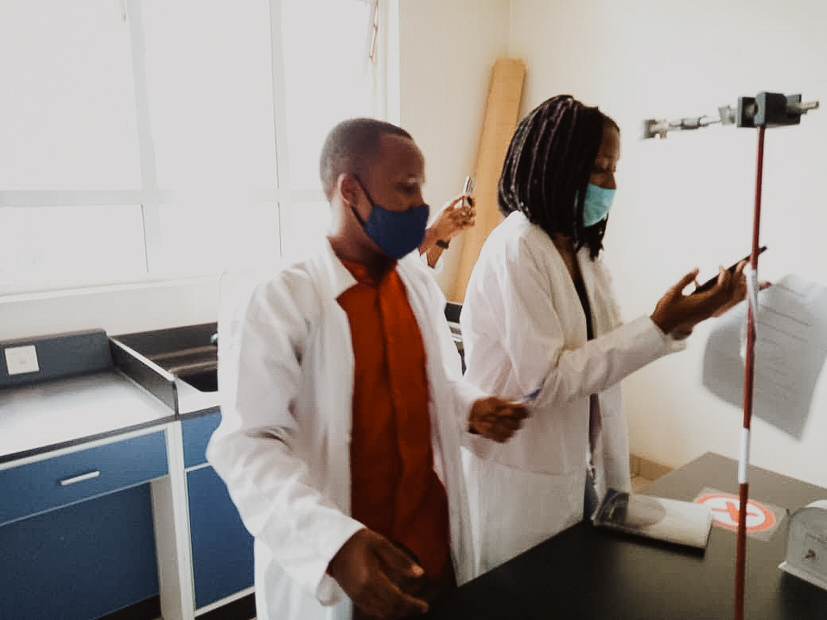
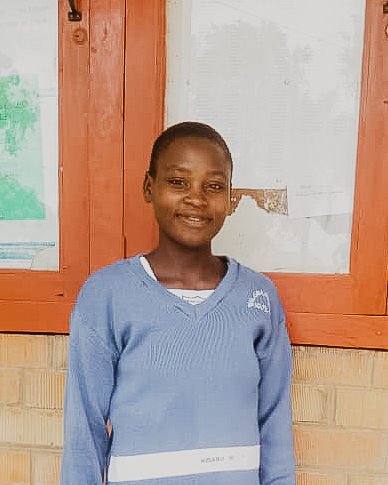
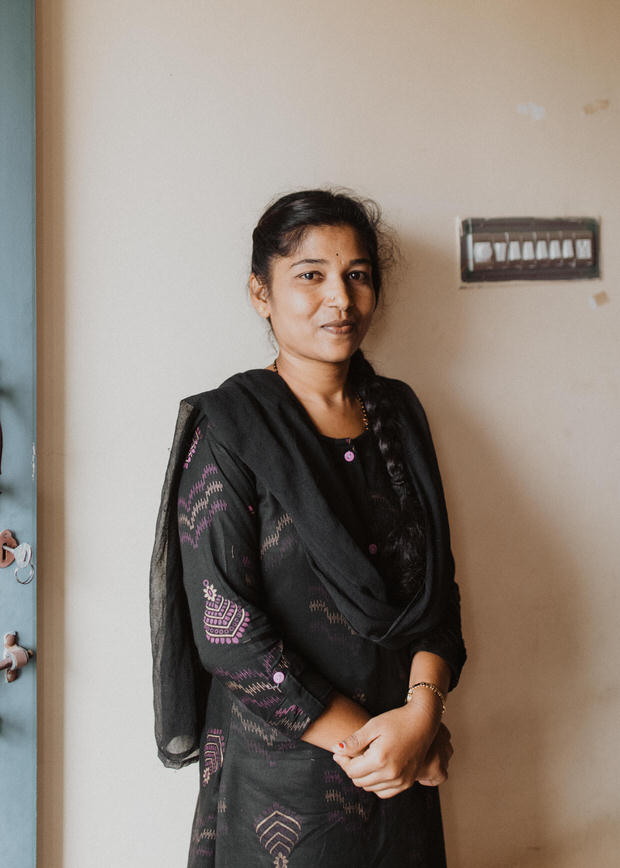
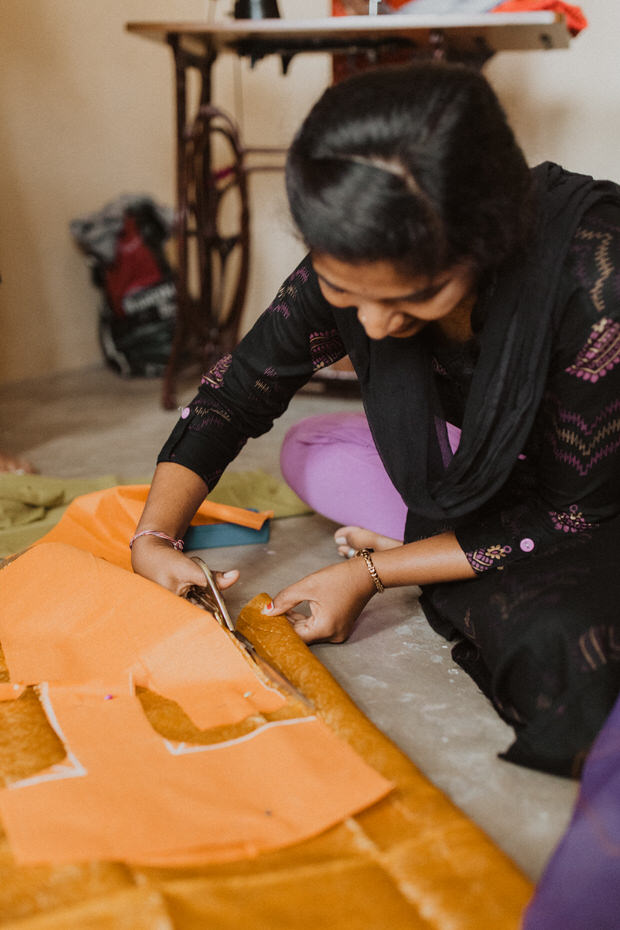
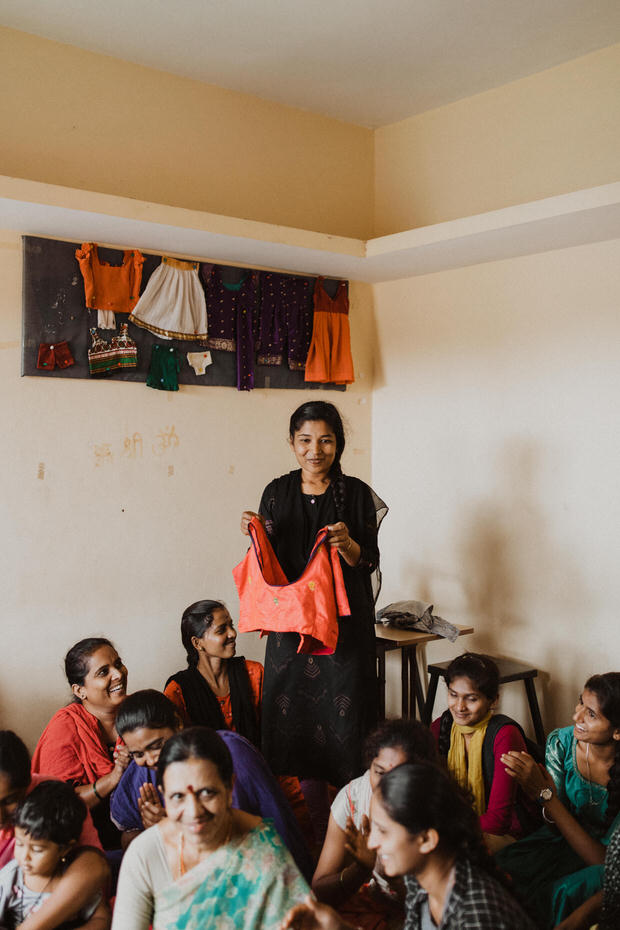
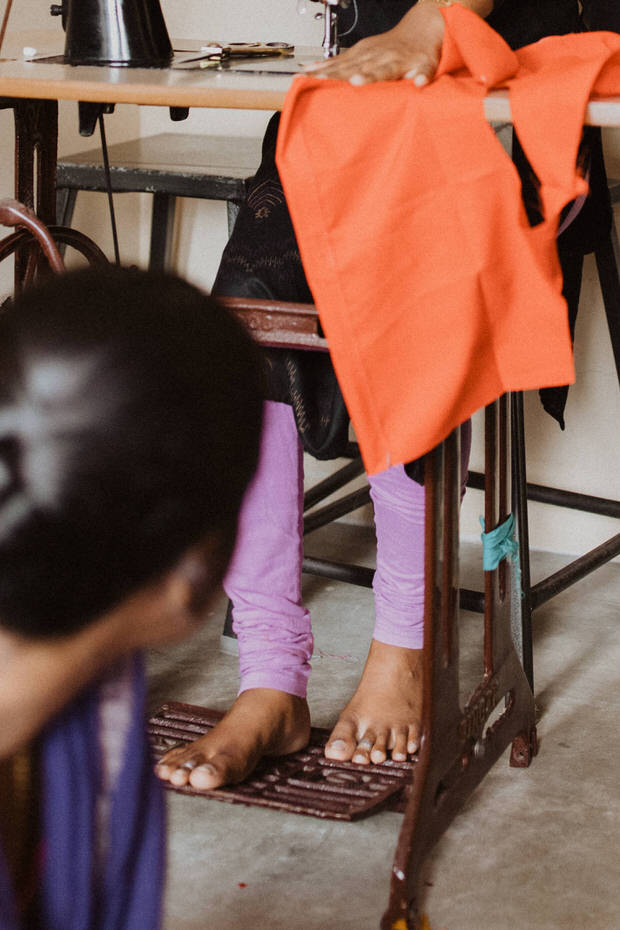
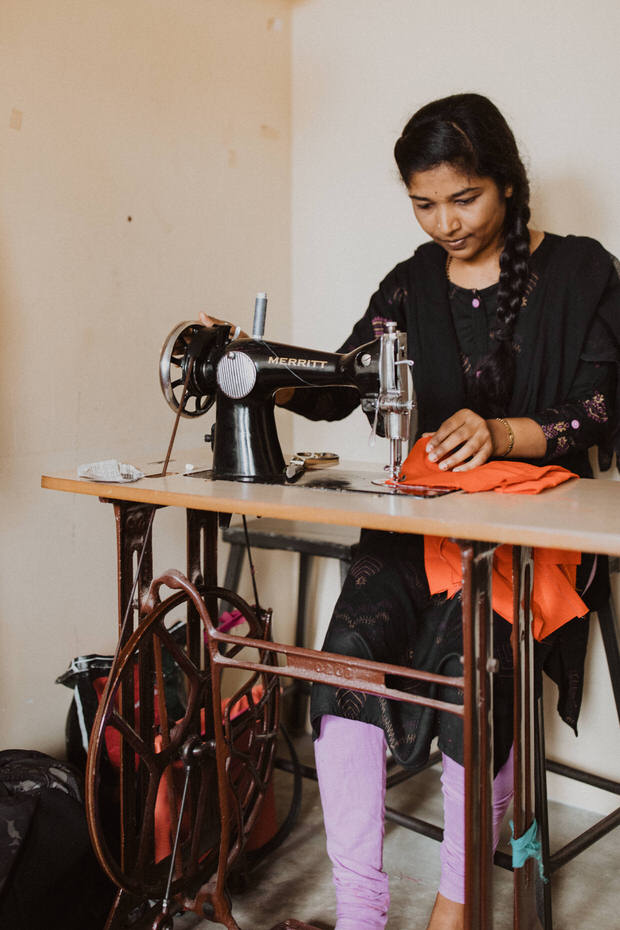
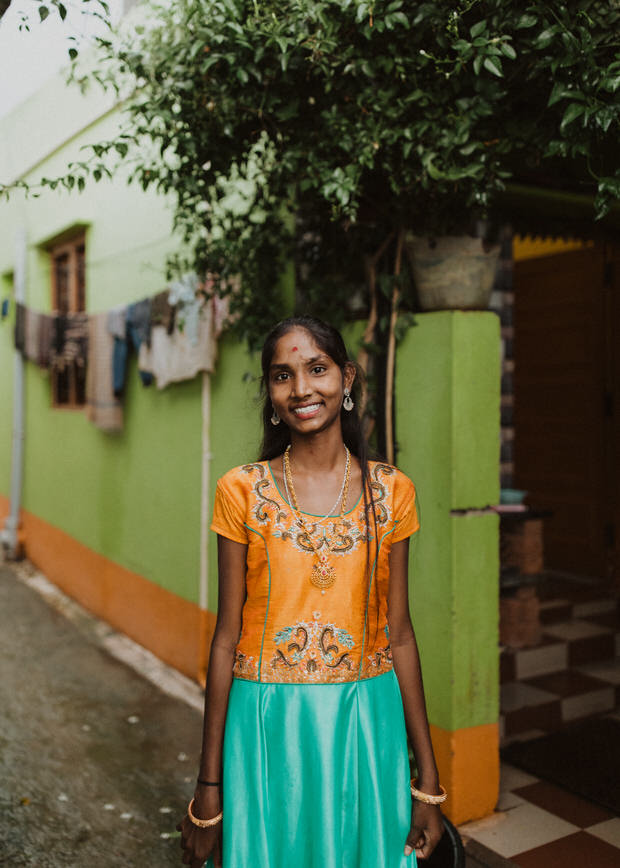
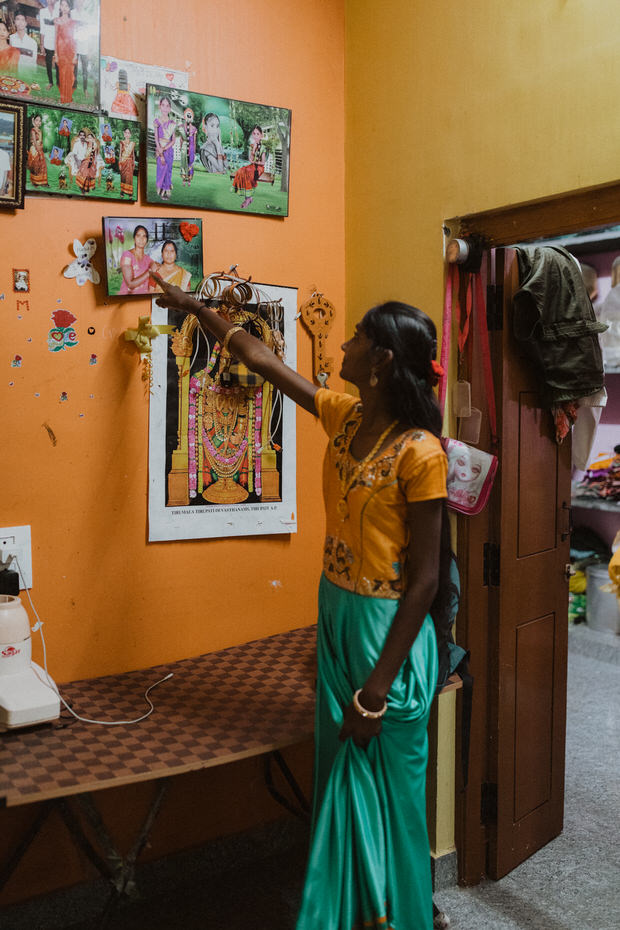
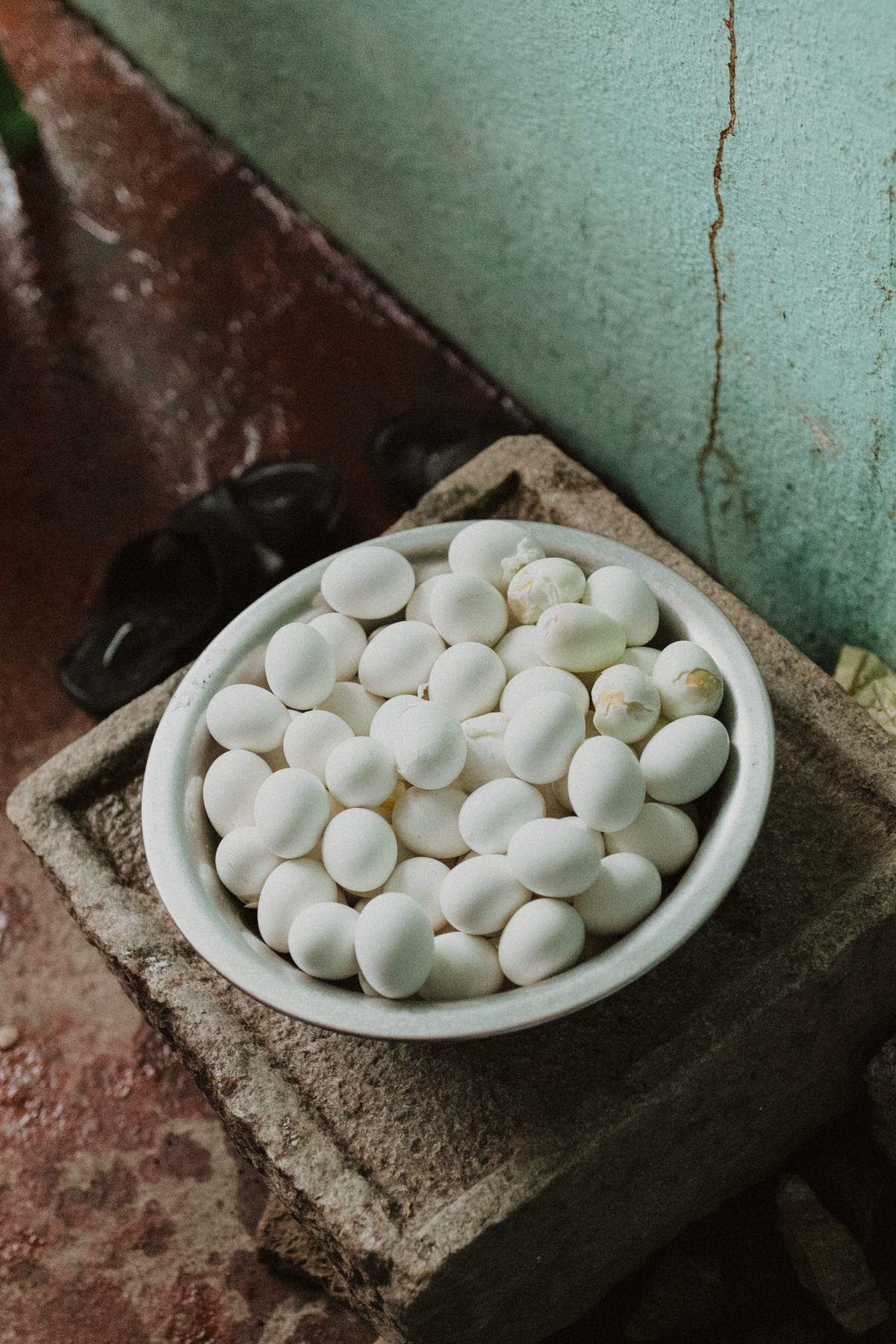
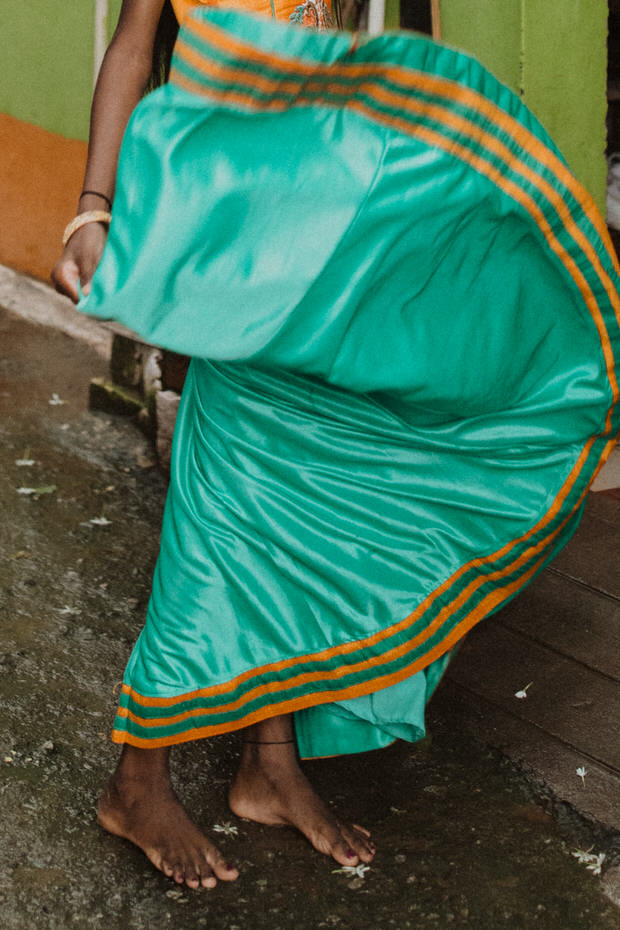
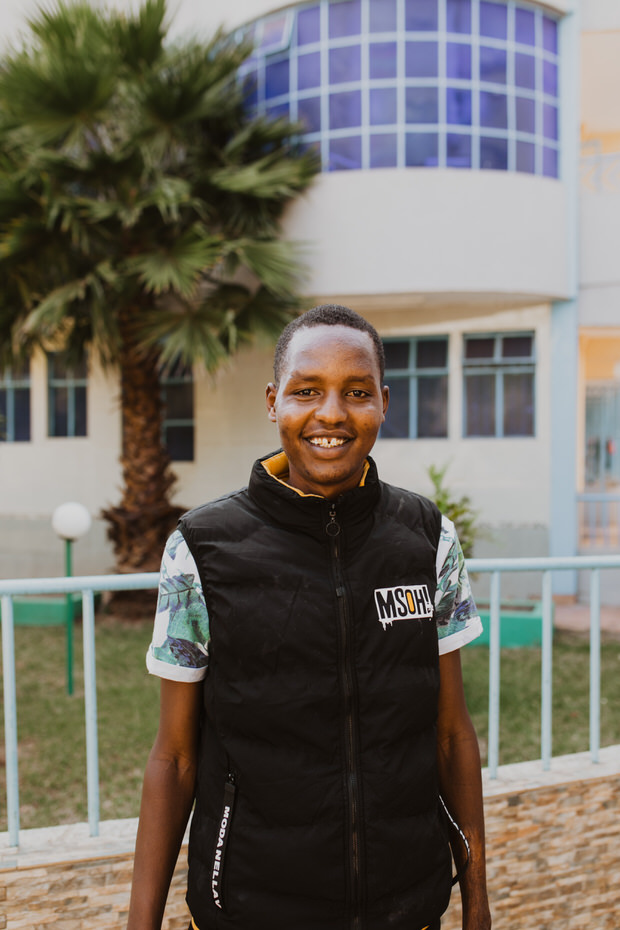
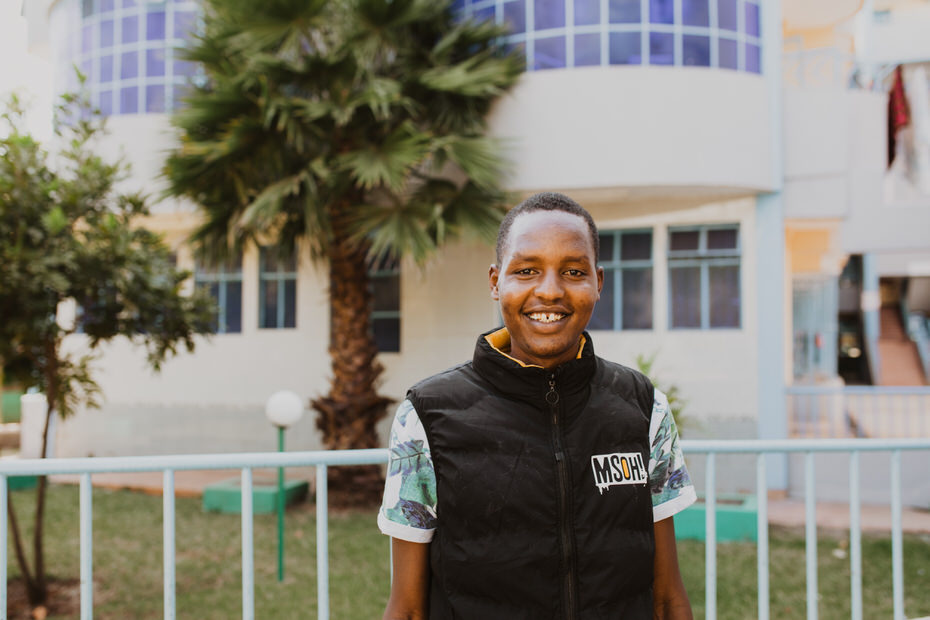
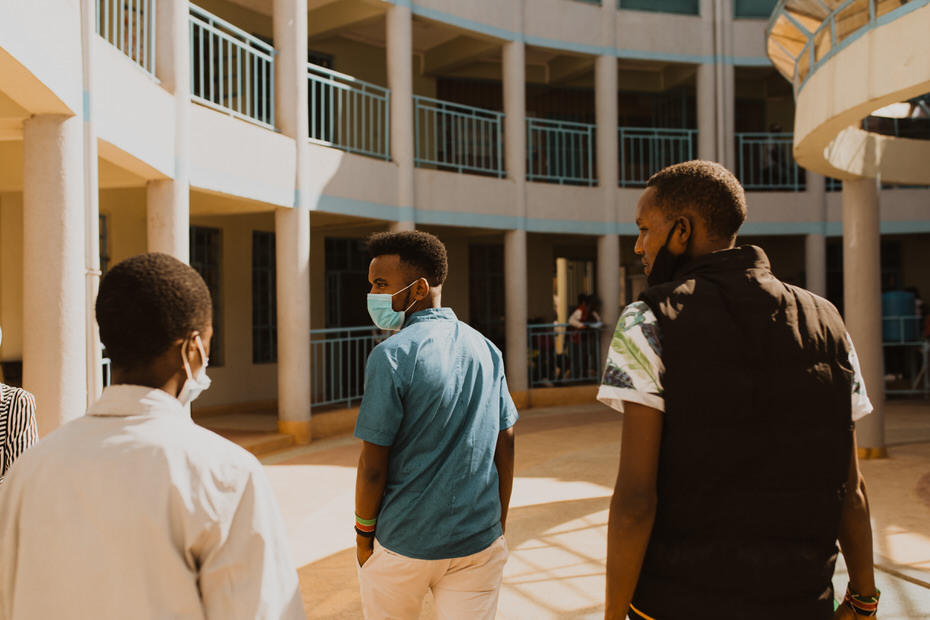
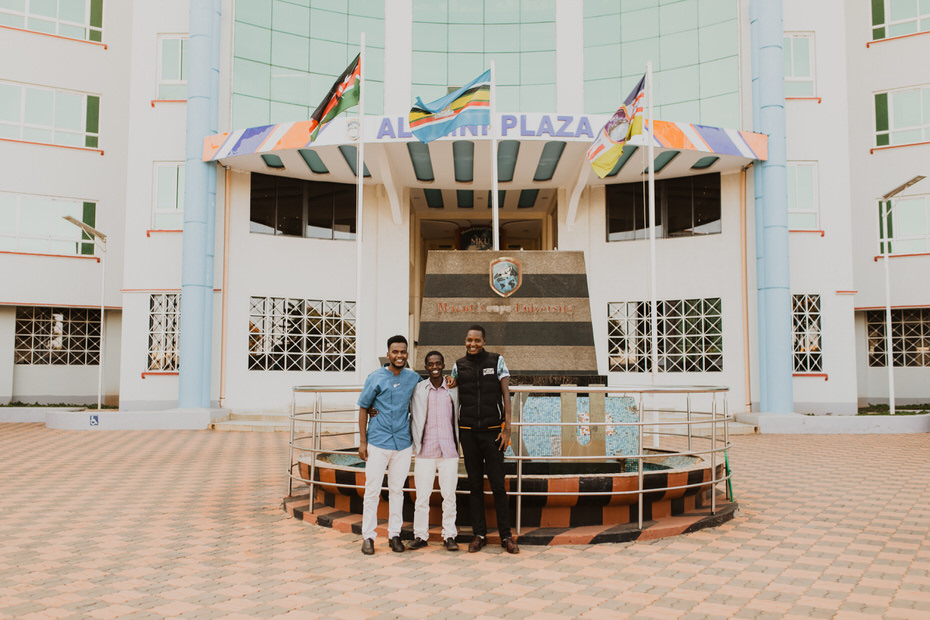
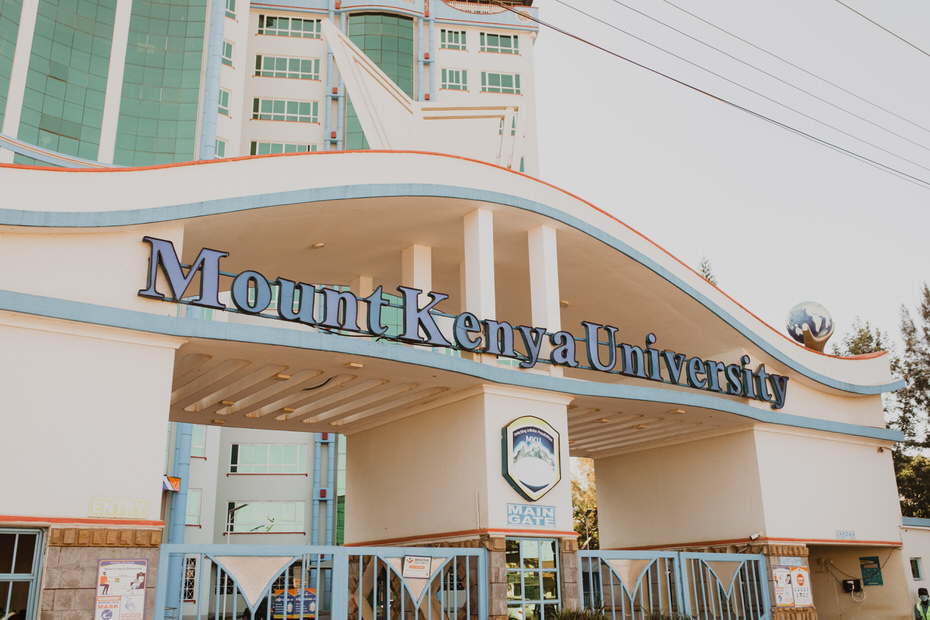
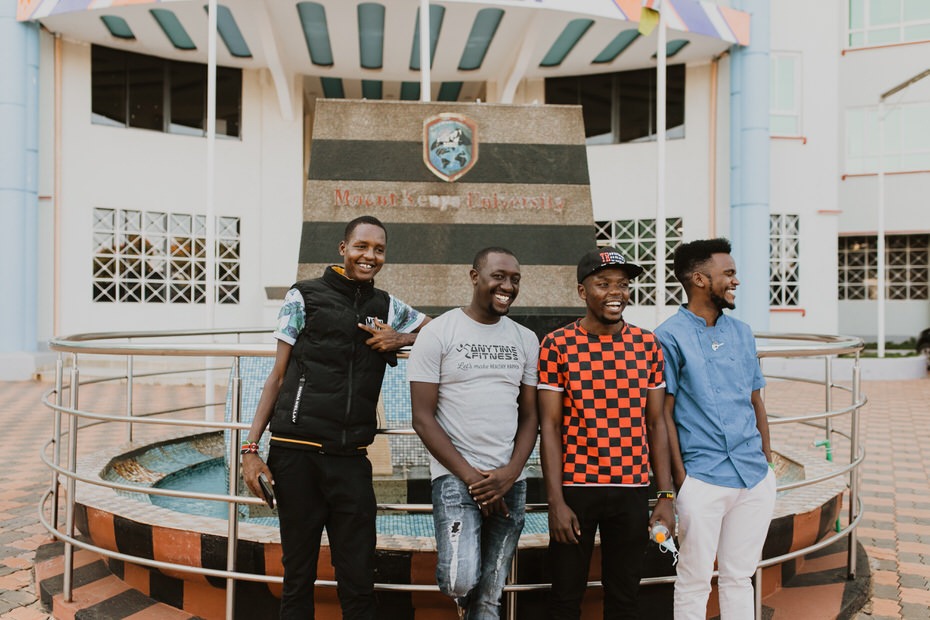
Recent Comments